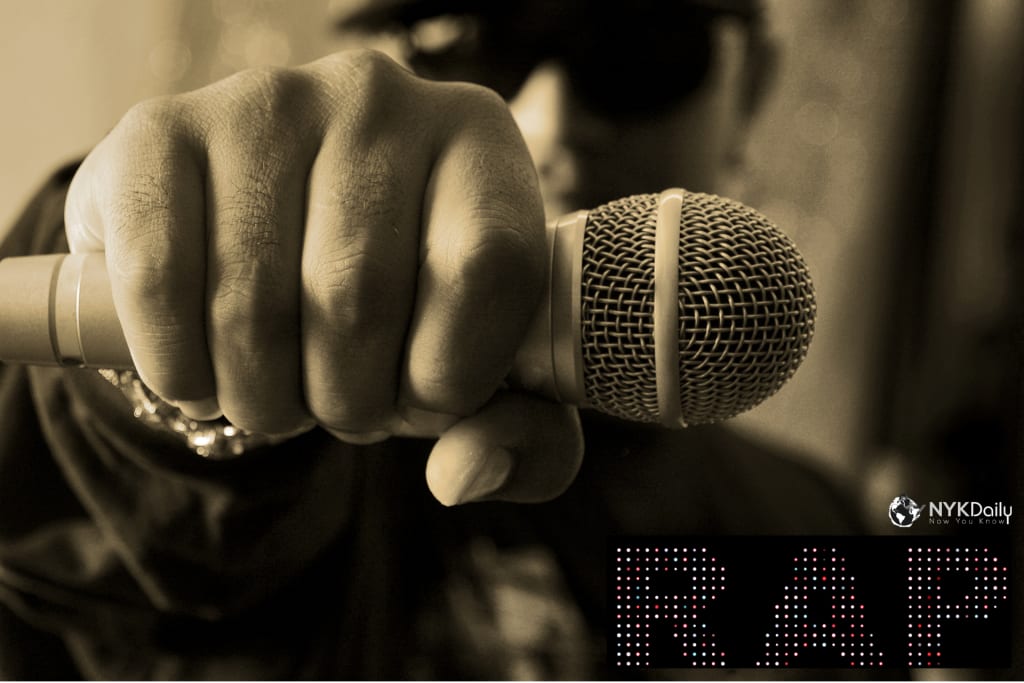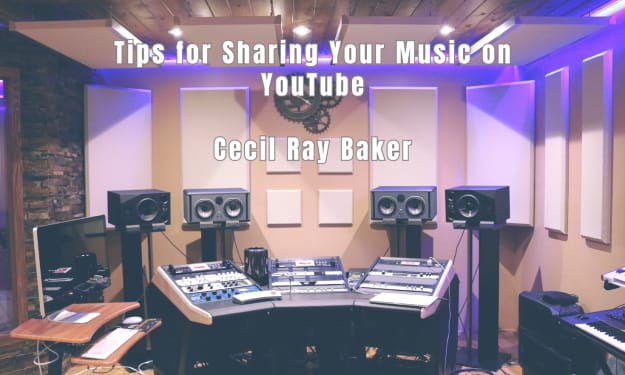
By Brian Salkowski
"Rap is the rock 'n' roll of the day. Rock 'n' roll was about attitude, rebellion, a big beat, sex and, sometimes, social comment. If that's what you're looking for now, you're going to find it here."
- Bill Adler
While there are an infinite number of topics available to a rapper, content has traditionally been defined along the Conscious vs Commercial axis.
When rap first originated it automatically gained popularity. 90s rap was like poetic hip hop, giving rappers the ability to express their artistic side with words. It was used as a voice to the world of hip-hop. Rappers used their music to give listeners a point of view of their world and struggles. RAP is an acronym for rhythm and poetry. Although most of today’s rap is not as poetic it used to be, both eras of rap are very influential.
Nowadays, hip-hop has faded to the underground and rap fills the airwaves. Typically, rap songs consist of three topics: sex, money and drugs. Very rarely is anything uplifting ever discussed, except in the case of songs meant to uplift oneself. Another con of modern day rap is the fact that hooks are often repetitive and simple. They usually have no creativity to them and are just simple. A hook should drive a song and add to the importance of the verses. But a listener would have to understand what the artist was saying to notice any of these things in the first place. With so much auto-tune and mumbling nowadays, it's hard to tell.
Most of today’s rap is not as uplifting as 90s music. Today’s rap artist like Kodak Black, Lil Yachty and Lil Uzi Vert are not motivational rappers or storyteller rappers that inspire people. Most of their songs are not lyrical or rhythmic, but repetitive. These rappers are known as “Turn Up” rappers. Rappers who make music just for entertainment only with no lyricism. These kinds of rappers do not put much work into their music. They just throw in a catchy beat talking about out their riches, drugs, and boasting their ego.
Not all today’s rappers are non-rhythmic and repetitive. J. Cole and Kendrick Lamar are rappers who rap with a 90s vibe. Their songs contain great tempo, rhythm, and style. Kendrick Lamar and J.Cole are both storyteller rappers. Kendrick Lamar is described as Tupac’s reincarnation. He even described himself as “The offspring of the legacy”.
It’s now easier than ever for rappers to make music–create a beat on a computer and drop in a voice note and you have the beginnings of a song. Add the power of streaming platforms like SoundCloud, Spotify and Apple Music, which makes it easier for fans to discover emerging voices, and it’s no surprise that hip-hop has been given a new and lasting way to shine. This is not the first-time rap has ascended to the mainstream; pop-rappers including Nelly, Ja Rule, Jay Z and Ludacris all enjoyed stretches atop the charts in the 2000s and beyond.
Conscious hip-hop is usually characterized as socially progressive, positive, thoughtful, spiritual, reflective, political, and critical of society at large with a street presentation. Examples of conscious rappers are said to include Common, Talib Kweli, Yasiin Bey, Nas, Dead Prez, Lupe Fiasco, and KRS-One*.
In the case of commercial, from my experience and research, it's much more complicated to define. According to The Source magazine, It runs the gamut from pop rap (rappers such as Nelly, Black Eyed Peas, Will Smith, LMFAO, Lil Wayne, Nicki Minaj, Drake, Skepta, G-Eazy, Gucci Mane, Future, Eminem, Logic, Lil B) to gangsta rap (such as 50 Cent, Game, Dr Dre, and Rick Ross)**. Topics vary from partying, to fashion, to popular culture, to money, to jewelry, to cars, to violence, to drug dealing, and to sex. Commercial hip hop is dicey territory. Especially for the newcomer who is street yet has a lot to say that is on the fringes of conscious. It's a very delicate balancing act only few can master.
In my opinion the whole Conscious vs Commercial axis is played out. Most rappers go back and forth between the two roles. There are very few rappers preforming without any expectation of profit or who don’t enjoy a hedonistic escape. Likewise there are only a handful of rappers who don’t care at all about improving the world around them and elevating consciousness. Many rappers sit right in the middle and make the definition difficult.
Even individual songs, and lines within songs, defy the definition. Look at Nas’ “I Can.” The hook, the beat, and Nas’ flow are obviously geared toward a mass, for profit audience. And yet on the third verse he gives a historical overview of the ancient African Kingdom of Kush. That is not your conventional conscious rap or commercial rap song. He brought elements from all different areas in.
Commercial rap, as I said before, is not as interchangeable. Usually the style is for the club. I was always confused when people call it hiphop (hip hop is a culture, and hip hop music is rap). Commercial rap is also used as the single or main promotion song for an artist’s album. Music in today’s culture that is basically a repeat of the same song type, commonly “gangster rap” where most songs talk about getting money, gang banging, and some form of an explicit love song. The style is the same in music using heavy bass lines and hard drum machines. Often people will mistake it as real hip-hop or think the artist is cool for using elementary metaphors. Generally it is the opposite of underground rap.
The Commercialization of hip hop undercuts the original purpose and message of hip hop through normalizing and naturalizing predictability, stereotypes, hypermasculinity, over-sexualization of women, and promoting meaningless music, all for profitable gain.
The most interesting artists are the ones who can tackle many complex subjects and show various contradictory sides of their own psyche. They write what’s on their mind at a given time. Human nature is by definition positive and negative, light and dark, responsible and hedonistic. Rappers have to feel from categories and arbitrary labels OR as one of my favorite rappers once said and I'll leave it with that:
“do what you feel and never follow."
- Redman
*Illmatic by Mathew Gasteier
**Hip Hop History Vol 1 by E Reese
About the Creator
Brian
I am a writer. I love fiction but also I'm a watcher of the world. I like to put things in perspective not only for myself but for other people. It's the best outlet to express myself. I am a advocate for Hip Hop & Free Speech! #Philly






Comments
There are no comments for this story
Be the first to respond and start the conversation.